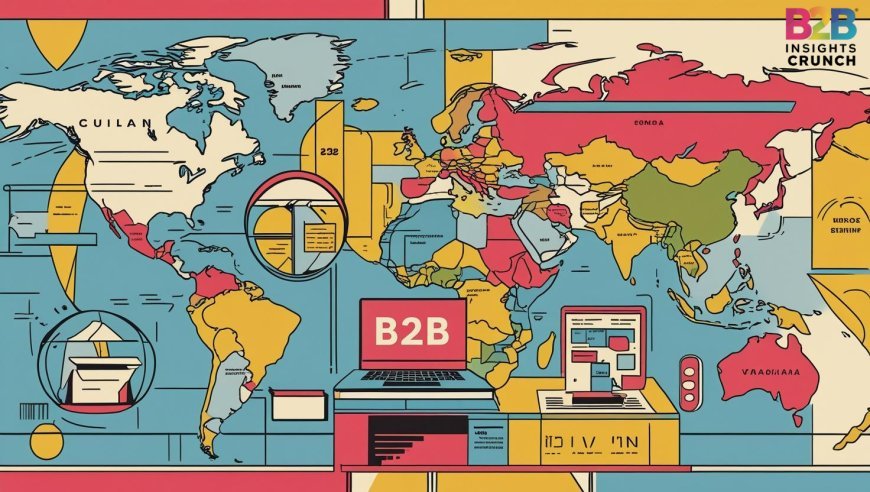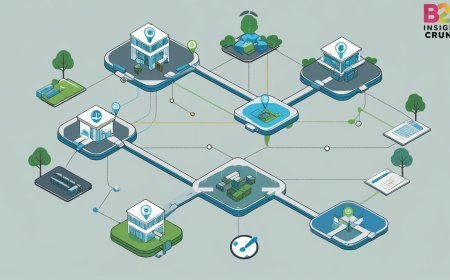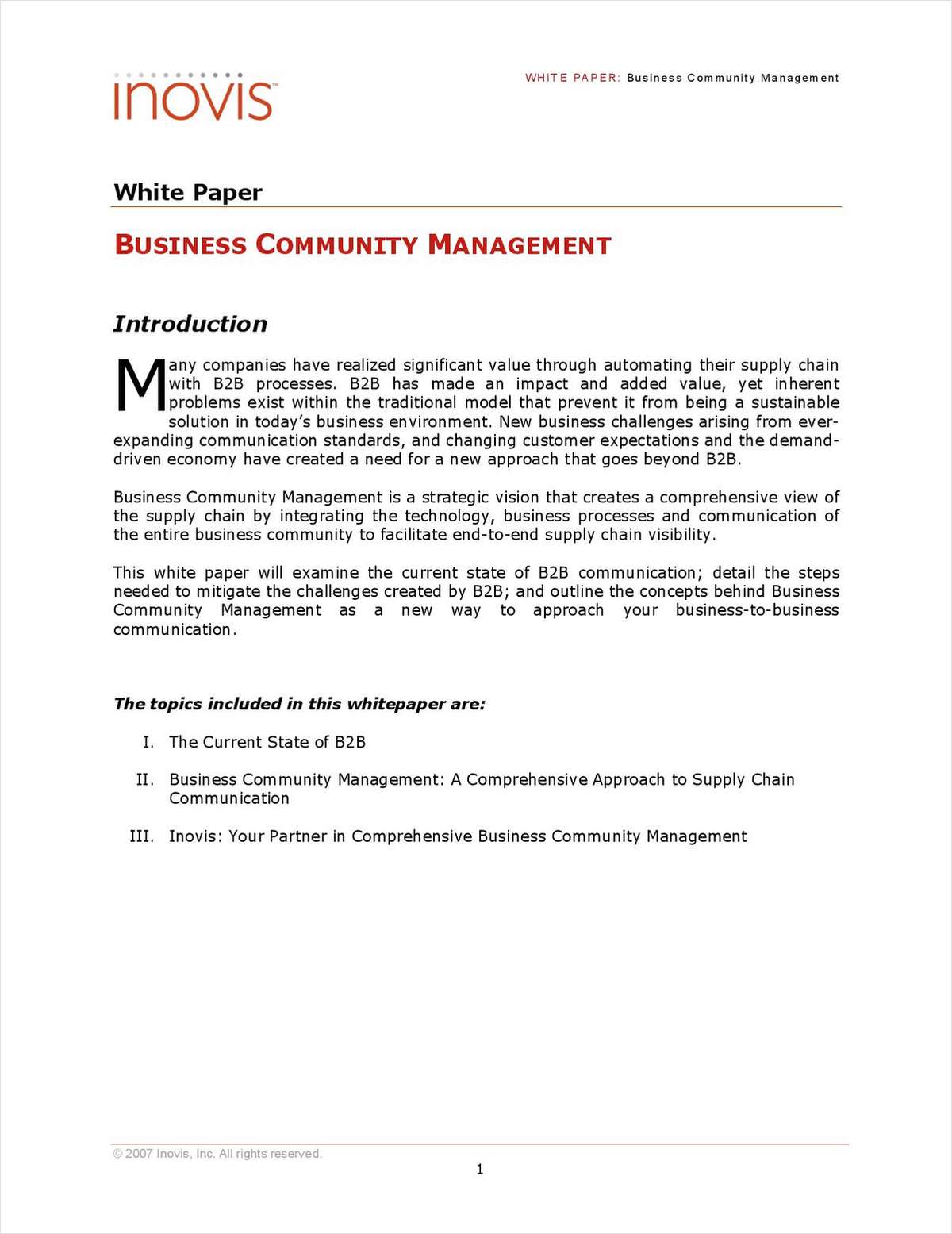Navigating Regulatory Compliance Across Global B2B Markets

Navigating Regulatory Compliance Across Global B2B Markets
In today’s interconnected world, B2B companies operate across borders more than ever before. While this global reach opens exciting opportunities, it also brings a complex web of regulatory challenges. Navigating regulatory compliance in multiple countries is no small feat, yet it is essential for businesses aiming to grow sustainably and maintain trust with partners and customers worldwide. Understanding how to approach this complexity with care and strategy can make all the difference between success and costly setbacks.
Each market has its own set of rules, regulations, and standards that govern how businesses must operate. These can cover a wide range of areas-from product safety, environmental impact, and data privacy to taxation, labor laws, and anti-corruption measures. For B2B enterprises, ensuring compliance is not just a legal obligation but also a matter of reputation and operational continuity. Failing to meet local requirements can lead to fines, legal disputes, and damage to relationships that take years to rebuild.
What makes global regulatory compliance particularly challenging is its dynamic nature. Laws evolve in response to political changes, technological advancements, and social demands. Staying up-to-date with these shifts requires ongoing vigilance and often a dedicated team or trusted advisors who specialize in compliance. For companies without a strong local presence, understanding the nuances of each jurisdiction’s rules can feel overwhelming.
Successful B2B companies approach regulatory compliance as a proactive part of their business strategy rather than a reactive afterthought. They invest in building robust compliance frameworks that can adapt as regulations change. This often means leveraging technology to track regulatory updates, automate reporting, and ensure consistent processes across markets. Technology also enables better collaboration between legal, operations, and sales teams, creating a unified approach to compliance.
Communication plays a key role in navigating compliance across borders. B2B companies must work closely with local partners, regulators, and even customers to clarify expectations and align on requirements. This collaboration fosters trust and reduces the risk of misunderstandings that could lead to compliance breaches. Additionally, engaging with industry groups and trade associations can provide valuable insights and collective advocacy, helping businesses anticipate regulatory trends before they become burdensome.
Another important aspect is balancing global standards with local customization. While companies strive for consistent policies to streamline operations, they must remain flexible to accommodate specific regional rules. This balancing act requires strong leadership and clear governance to avoid confusion or conflicting practices within the organization.
Beyond avoiding penalties, regulatory compliance in global B2B markets offers opportunities. Companies that master this complexity gain a competitive advantage by being reliable, transparent, and responsive to local needs. They build credibility that opens doors to new partnerships and markets. Compliance can also drive innovation, encouraging businesses to develop products and services that meet higher standards or emerging regulatory demands, positioning them as leaders in their industry.
Ultimately, navigating regulatory compliance across global B2B markets is a continuous journey. It demands attention, adaptability, and a willingness to invest in the right expertise and tools. Businesses that embrace compliance not just as a box to tick but as a foundation for ethical, sustainable growth will find themselves better equipped to thrive in an ever-changing global landscape. With the right approach, compliance can become a powerful enabler, helping companies build lasting success across the world.




















